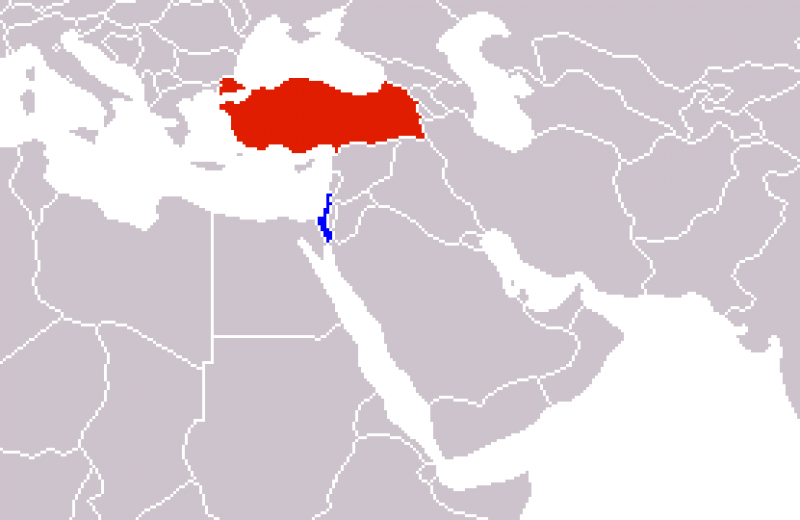 Policy Papers and Reports
/ Israel and the East Mediterranean
Policy Papers and Reports
/ Israel and the East Mediterranean
At a press conference in Rome on June 27, 2016, Israeli Prime Minister Benjamin Netanyahu announced that Israel had reached a reconciliation agreement with Turkey. Israel’s premier stated that rapprochement served Israel’s strategic interests and would enable closer security cooperation with Turkey at a me when the region was experiencing an unprecedented wave of violence and radicalization. Netanyahu also emphasized the connection between the need to export Israeli natural gas and reconciliation with Turkey. “This agreement opens the way for cooperation on economic and energy matters, including the gas issue,” Netanyahu told reporters, “Gas is so important and contains the possibility of strengthening the Israeli economy and state coffers with vast capital…these are vast sums but we need markets…this could not have come sooner without this agreement and now we will work to advance it.” Israeli Energy Minister Yuval Steinitz supported Netanyahu’s assertion, adding that the deal “will continue the development of Israel’s natural gas market as well as the possibilities of finding and developing more gas fields beyond Leviathan.”
This paper is part of the Israel-Turkey Policy Dialogue Publication Series of Mitvim and GPoT Center, in cooperation with Friedrich-Ebert-Stiftung.


